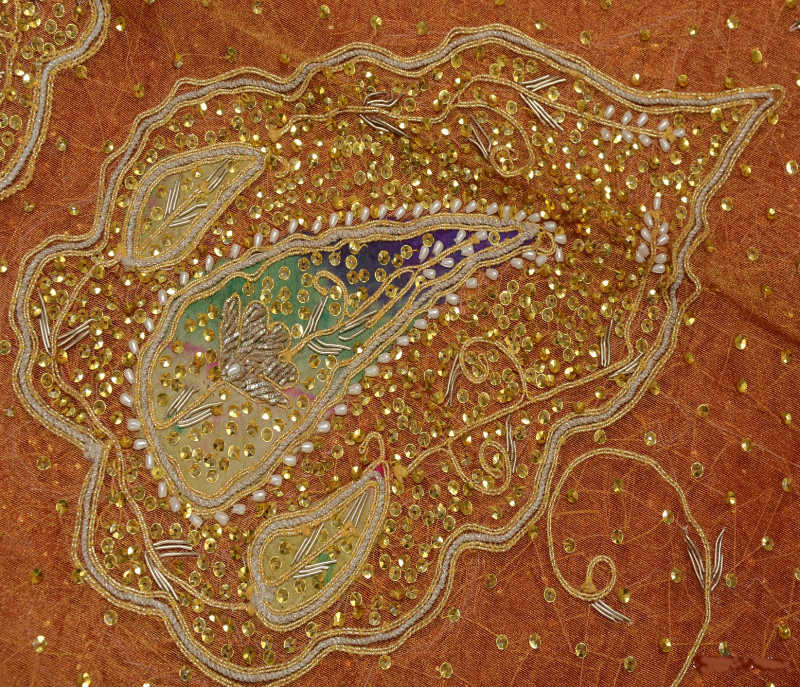===
0509,
9
===

=== |
 |
ṣannāʿ : 'Very skilful, expert, dexterous; industrious; —an expert manufacturer, a skilful workman'. (Platts p.746)
ḳhvār : 'Poor, distressed; deserted, abandoned, friendless, wretched, ruined; abject, vile, base, contemptible'. (Platts p.494)
az-āñ-jumlah : 'Of that number; out of the whole'. (Platts p.45)
hunar : 'Excellence in any art; art, skill; attainment; accomplishment; ingenuity; cleverness; knowledge, science'. (Platts p.1237)
FWP:
SETS == POETRY
MOTIFS
NAMES
TERMS == PARADOX; REPLY; THEMEIt's so helpful, and so enjoyable, to consider the collection of related verses that SRF provides-- especially since the theme itself is such a piquant and wry one. This may be my favorite among all his excellent collections of thematically linked verses.